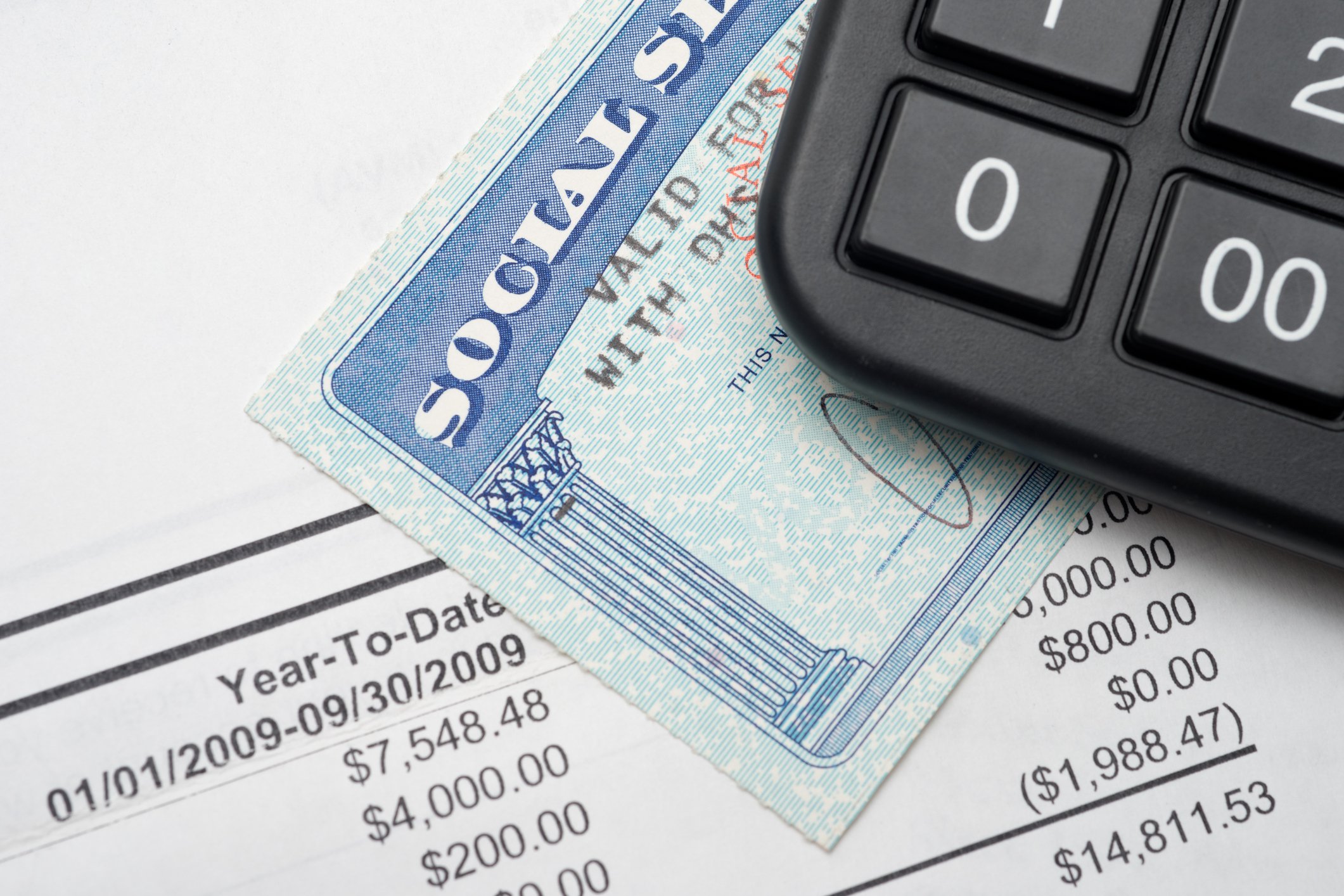
When should you claim Social Security?
The answer to this question is a lot more complicated than you think. That's because it's crucial you know a few basic facts about how the benefits program works before you make this choice.
In particular, here are 15 questions you need to be able to answer to ensure you know enough to move forward with filing for Social Security benefits to begin.
I Can't Believe This $17,166 Social Security Bonus Was So Easy Uncover a handful of little-known "Social Security secrets"... including a simple process that removes the guesswork and makes it easy to earn as much as $17,166 in additional benefits every year. Click here to get access to information on how you can uncover this lucrative strategy and even more insider information you won't want to miss.
Invest better with The Motley Fool. Get stock recommendations, portfolio guidance, and more from The Motley Fool's premium services.